This is to create a set of high-quality books, meeting the country's development requirements in accordance with the direction set forth by the Politburo in Resolution 71 on breakthroughs in education and training development.
Don't be lenient in compiling new textbooks for the sake of progress
According to Associate Professor Dr. Bui Manh Hung, Chief Coordinator, General Education Program Development Board (GEP) 2018, Editor-in-Chief of Vietnamese Language and Literature Textbooks, "Connecting Knowledge with Life" series, compiling a new set of textbooks requires a lot of time and effort.
He believes that inheriting existing textbooks is not the same as copying some lessons from each set of books to create a new set of books. Because such copying violates intellectual property rights and does not ensure the necessary consistency of a set of books.
“The new textbooks require upgrading and innovation. With the support of AI, some steps can save some effort and time, but cannot replace the investment and creativity of the author himself,” Associate Professor, Dr. Manh Hung shared.
Associate Professor, Dr. Bui Manh Hung, Chief Coordinator, General Education Program Development Board 2018 (Photo: NV).
Taking the example of the Vietnamese language and literature textbooks for 12 grades, he said that the content needed to cover 2,380 teaching periods in the compulsory program and 105 periods for elective subjects in high school, a total of 2,485 periods.
This process requires book authors to spend a lot of time compiling and editing, not to mention the time spent on building detailed outlines, pilot teaching, editing, internal assessment and assessment by the National Council, and editing based on comments from managers, teachers in localities and experts.
"That is to say, we all need to have a serious attitude towards compiling textbooks," the Editor-in-Chief emphasized.
In addition, according to Associate Professor Dr. Bui Manh Hung, it is necessary to review the 2018 General Education Program from the whole to each subject and educational activity. The opinions of teachers and experts in the 5 years of implementing the program need to be widely discussed to help the Ministry of Education and Training have a direction to adjust and update the program before starting to compile the new textbooks.
"Breakthrough hunting" to attract talented textbook compilers
Mr. Le Ngoc Diep, former Head of the Primary Education Department, Ho Chi Minh City Department of Education and Training, said that compiling new textbooks must be a comprehensive and thorough innovation, in line with the trend of integration and modernization of the country.
In the context of a rapidly changing world, it is impossible to have a set of textbooks that are just "old wine in new bottles".
"The unified textbook set must be modern, professional, and have Vietnamese identity," Mr. Diep emphasized.
To achieve this goal, he proposed that the Ministry of Education and Training should proactively assign, manage and implement immediately, the process must be fast, careful and scientific.
He emphasized the need to invite domestic talents and overseas Vietnamese to participate in the compilation, in the spirit of "brain hunting", absolutely avoiding "cliques" and favoritism.
According to him, textbook compilation cannot be a “side job” for managers, teachers or researchers. This requires a dedicated, well-trained team of experts, leading experts with practical experience and a high sense of responsibility.
The process of compiling textbooks needs to be based on the actual situation and the ability to meet the requirements of classroom facilities, teaching methods, support tools, etc. (Photo: Huyen Nguyen).
In addition, he focused on other influencing factors and believed that textbooks cannot be compiled individually. The compilation must be based on the actual situation and the ability to meet the requirements of classroom facilities, teaching methods, support tools, etc. All need to be synchronized to create a truly modern and effective learning environment.
In particular, he said it is necessary to improve the quality of teachers. It is impossible to have good textbooks if the teaching staff does not have the capacity to deliver them.
In addition, the former Head of Department said that the role of textbook authors does not stop at compiling. They need to accompany the teaching process, continuously observe classes, and conduct surveys to evaluate actual effectiveness. From there, the authors will edit documents and update knowledge regularly, every year.
In addition, the author also has an important responsibility in supporting the teaching staff, from guiding how to design lectures, build tests to forming and developing a reading culture for students.
Textbooks need to be updated and changed every year. Each year, the author must participate in class observation, performance surveys, practical evaluations, document revisions, and knowledge updates. The author also needs to play a role in guiding teachers, designing lectures, tests, and building a reading culture for students.
Mr. Le Ngoc Diep, former Head of Primary Education Department, Department of Education and Training of Ho Chi Minh City
Mr. Diep emphasized that the compilation process this time needs to closely follow the Resolution of the Party Central Committee on education, which is: "Fundamental, comprehensive innovation, standardization, modernization in the integration period". That is not only the task of the education sector, but also the common responsibility of the whole society for the future generations of the country.
Mr. Nguyen Van Luc, former teacher of Trinh Phong Secondary School, Khanh Hoa, expressed that teachers are the ones who decide the success of the program implementation.
Therefore, the process of building a unified set of textbooks nationwide needs to invite competent teachers to participate in contributing and building "Teachers and leading experts compile books to ensure that the theory and practice of teaching in each region are compatible at each level, so that students can acquire general knowledge more easily," Mr. Luc suggested.
Proposal to invite experienced teachers to participate in compiling textbooks (Photo: Nam Anh).
Turn books into vivid and effective lessons
In response to many opinions that "ensuring the provision of a unified set of textbooks nationwide" goes against the spirit of "one program - many sets of books" and will destroy teachers' autonomy and creativity, Professor Le Anh Vinh, Director of the Vietnam Institute of Educational Sciences, Ministry of Education and Training, who directly participated in compiling textbooks and closely followed the implementation of the program in the past 5 years, expressed the view that it is necessary to evaluate calmly and cautiously.
Mr. Vinh expressed that Resolution 88/2014/QH13 clearly stated that it encourages organizations and individuals to compile textbooks based on the general education program. At the same time, to proactively implement the new program, the Ministry of Education and Training organized the compilation of a set of textbooks; this set of books was assessed and approved fairly like other textbooks.
Ensuring the provision of a unified set of books nationwide to ensure that all regions, especially disadvantaged areas, can implement the new program smoothly, without being hindered by book prices, supply or access to learning materials is appropriate.
If there are units or individuals who can compile better and more suitable books, the door is always open for them to be used. But if they do not do much better, having many sets of books that are “equally good” and can replace each other will only disperse resources and make implementation difficult, while the added value is insignificant.
A good set of books is just a tool, teaching effectiveness still depends on the teacher's skills and initiative (Photo: Huyen Nguyen).
Given the upcoming situation of choosing only one of the three current textbook sets for unified use, will it take away the "autonomy" or "creativity" of teachers as many people wonder? According to Mr. Vinh, the answer is "no".
Mr. Vinh believes that, in reality, all three sets of textbooks are of good quality, and teachers can teach well using any set. Teachers' creativity and autonomy do not depend on the number of sets of books, but on their pedagogical capacity and ability to organize teaching, turn content into appropriate experiences, connect with students' lives and stimulate interest in learning.
“The number of textbooks should not be a measure of innovation, the decisive factor lies in whether every region has the best textbooks for smooth implementation, and at the same time teachers are supported to turn books into vivid and effective lessons. A good textbook is just a tool, teaching effectiveness still depends on the skills and initiative of the teacher,” Professor Le Anh Vinh emphasized.
Proposed revision of integrated subjects
Mr. Nguyen Van Luc, former teacher of Trinh Phong Secondary School, Khanh Hoa, proposed that the Ministry of Education and Training should separate integrated subjects into separate subjects to facilitate teaching.
According to him, in reality it is called an integrated subject but most schools today assign teachers to teach each subject independently because there are not enough teachers to teach integrated subjects.
Integrated subject textbooks such as history and geography only have the same cover, but the content of the two independent sub-subjects cannot be called integrated content in one lesson, so each subject's lesson is taught by the subject's teacher.
Similarly, natural sciences (physics, chemistry, biology) are also a formal integration that only causes difficulties in assigning teaching, testing and evaluation (matrix, specification, setting questions, marking, comments, etc.).
Dr. Sai Cong Hong, an expert on educational assessment and evaluation, said that reviewing the integrated teaching and learning model in natural sciences at secondary school level is extremely necessary in the current context.
The implementation of integrated subjects over the past four years has shown that many positive points have been achieved, such as helping students approach scientific knowledge from an interdisciplinary perspective, closely linked to practice, thereby developing scientific thinking capacity, problem solving and applying knowledge to life...
At the same time, the program creates conditions for innovation in teaching methods, diversifying forms of testing and assessment, and enhancing the role of practice, experiments and practical experience activities.
However, there are also notable shortcomings such as the incompatibility between the integrated model and the capacity of the teaching staff, confusion, overload, and even deviation in focus when teaching... This leads to the problem of students "turning their backs" on natural sciences.
Source: https://dantri.com.vn/giao-duc/mot-bo-sgk-thong-nhat-toan-quoc-tu-2026-nen-duoc-xay-dung-nhu-the-nao-20250918065651695.htm


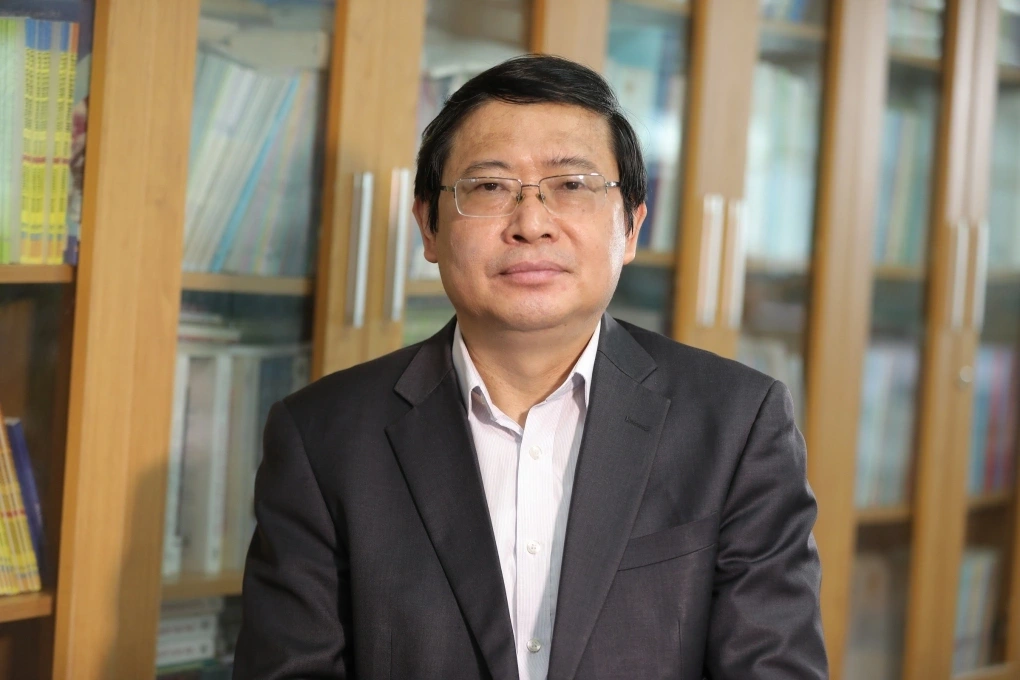
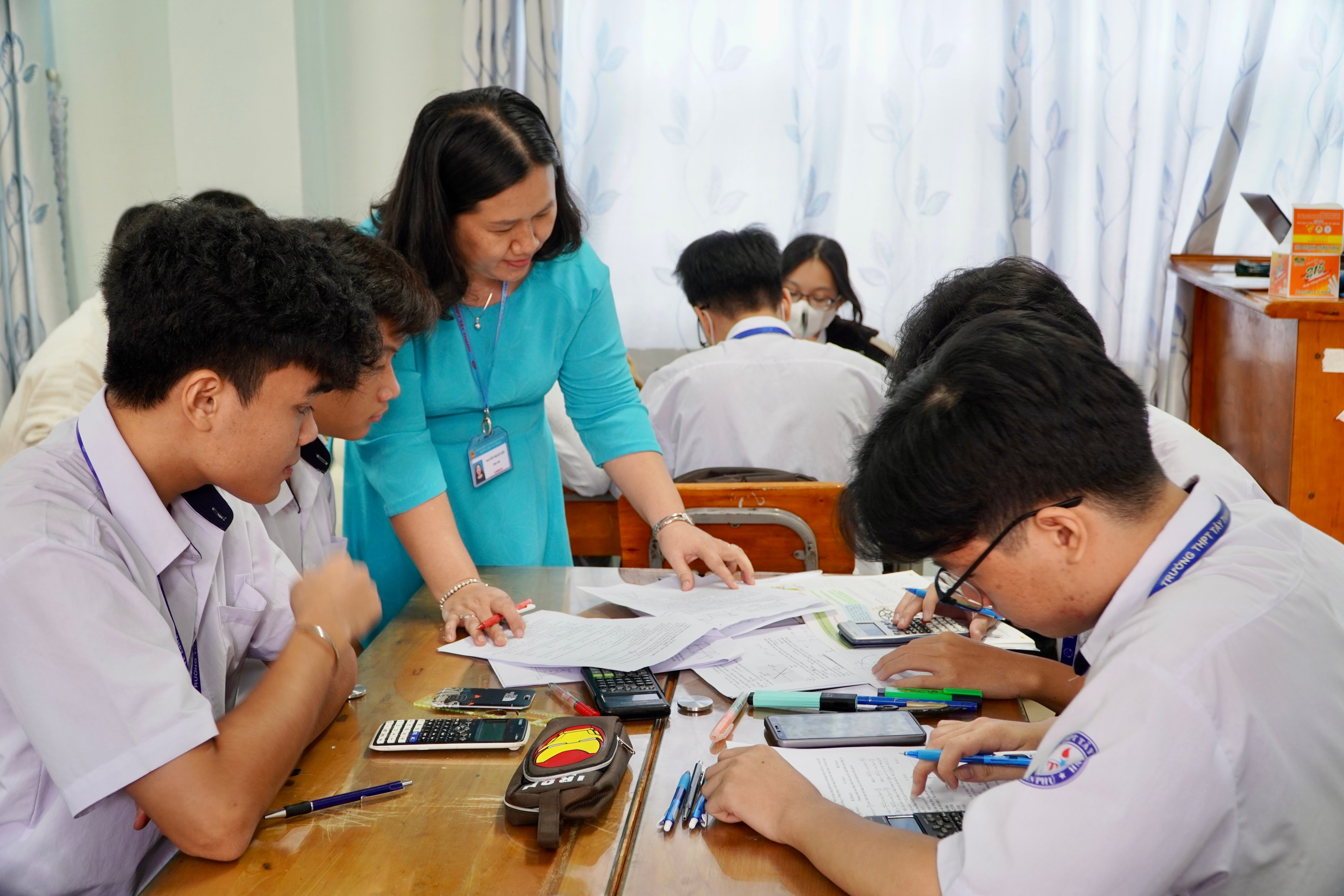
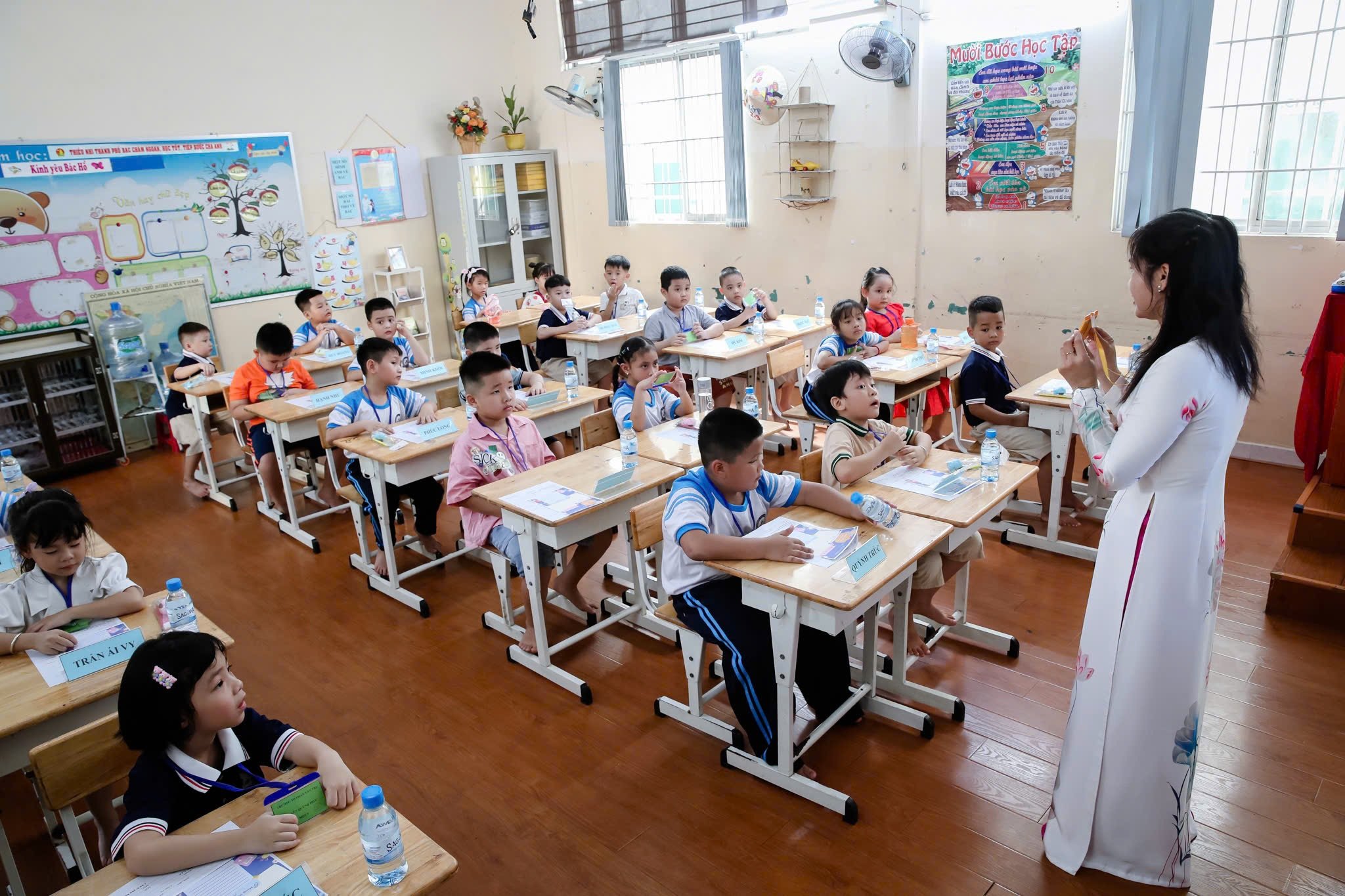
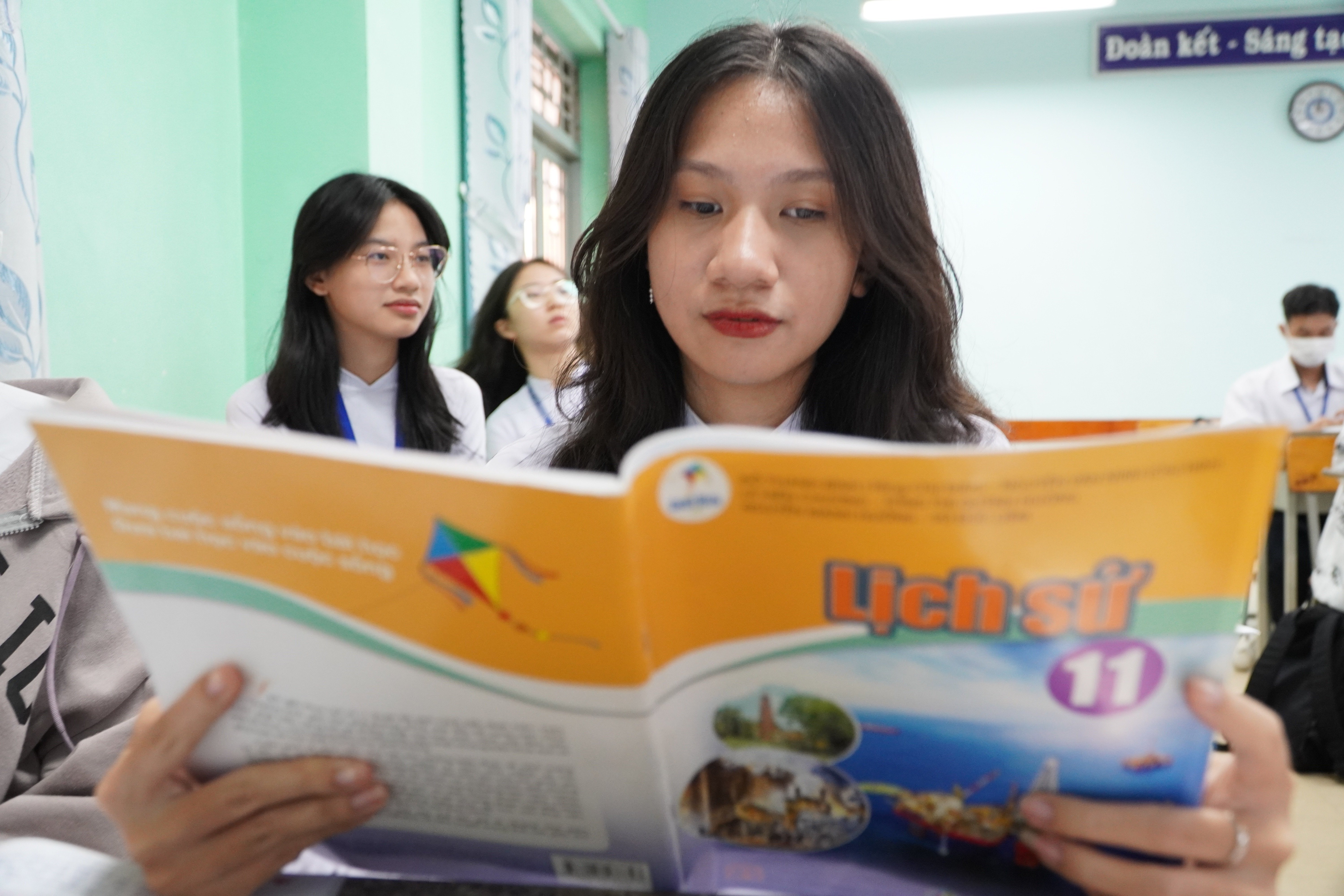






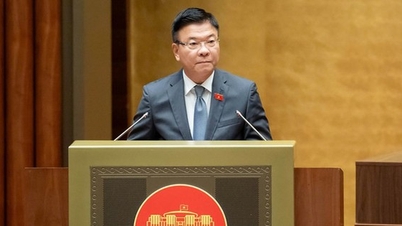

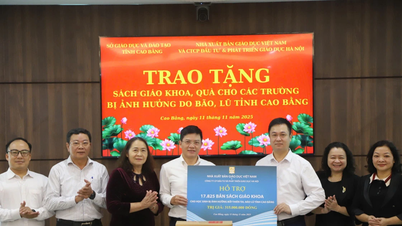

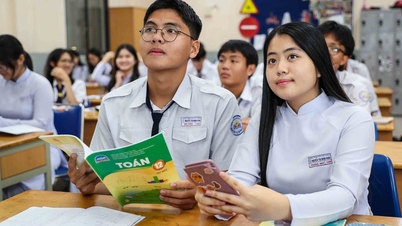






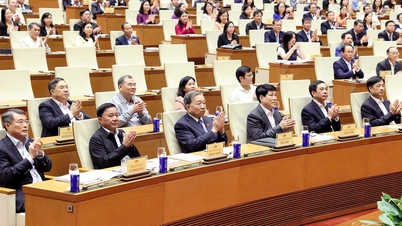











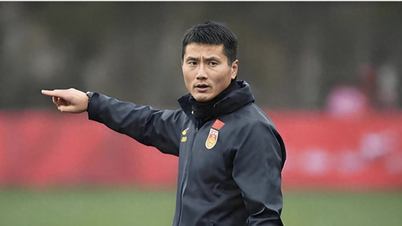
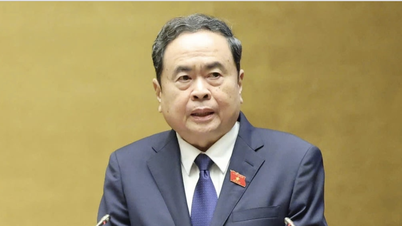
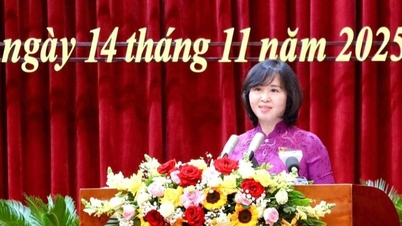




![[Photo] Unique architecture of the deepest metro station in France](https://vphoto.vietnam.vn/thumb/1200x675/vietnam/resource/IMAGE/2025/11/14/1763107592365_ga-sau-nhat-nuoc-phap-duy-1-6403-jpg.webp)
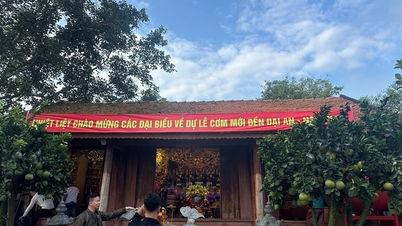









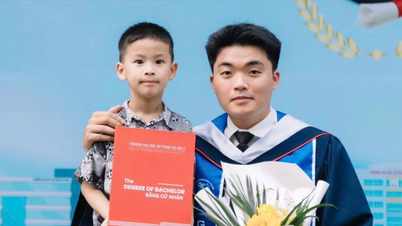
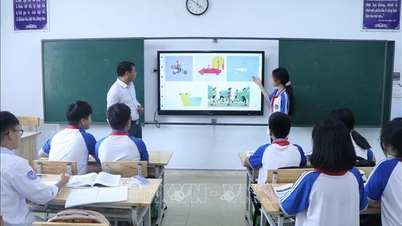

























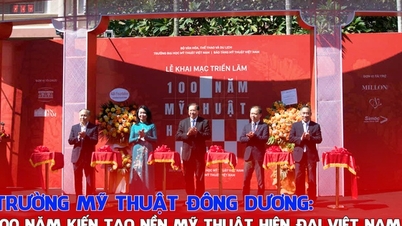



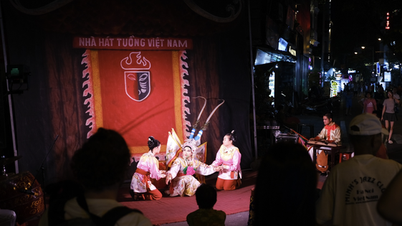
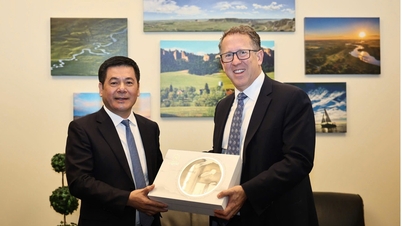








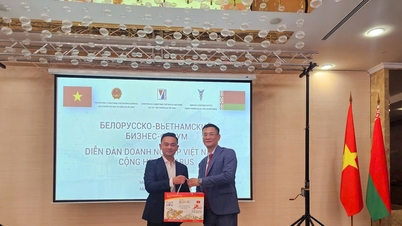
















Comment (0)